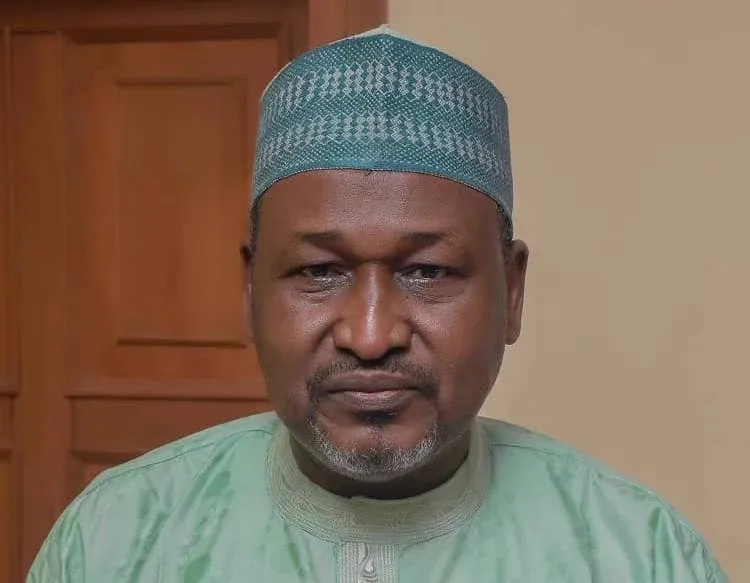The Executive Secretary, National Board for Technical Education (NBTE), Prof. Idris Bugaje, has said that for Nigeria to shift from dependence to development, and from poverty to productivity, it must invest in the right kind of education that will equip youths with relevant, employable, and globally competitive skills.
Prof. Bugaje who spoke at the June edition of the Education Writers’ Association of Nigeria (EWAN), webinar, with the theme: “Interrogating Nigeria’s New Technical Vocational Education and Training (TVET), added that TVET initiative will not only help the younger ones and artisans to get jobs outside Nigeria, but also bring foreign exchange into the country.
He gave the example of countries like China, India, Vietnam, and Bangladesh where their government invest in skills training such as construction, welding, electrical maintenance, IT hardware, plumbing, and garment production, amongst others and are now export skilled labour.
According to him, the TVET new initiative by the NBTE and supported by the Federal Government is one major pillar of this administration, adding that TVET has not received the attention it is currently receiving under the renewed hope initiative of the Federal Government.
The ES, however added that the objectives is to rejuvenate the technical colleges, with the 38 federal technical colleges been rebranded from Federal Science and Technical Colleges, where 90 per cent of the students belong to science, with only 10 per cent for technical components of the colleges.
“The technical colleges have been rebranded into TVET 1, TVET 2, TVET 3, as equivalent of SS1, SS2 and SS3, which will be free tuition, free accommodation, free feeding, and monthly stipends are to be given to students.
“The aim is to eliminate barriers and make skill acquisition accessible to anyone willing to learn and committed and applicants do not need connections or academic degrees to participate as any Nigerian with a National Identification Number (NIN) can apply.
“Participants will receive monthly stipends of N22, 500 and have their attendance tracked biometrically,” he explained.
In a bid to expand access, the ES said government is to create additional 36 colleges in addition to the existing 38 colleges to make it a total of 74 colleges that will be run as pilots.
Earlier in his remarks, the EWAN Chairman, Mr. Mojeed Alabi said as a critical stakeholder in the sector, it is crucial to intervene in the issues surrounding education more especially technical education which in turn can help Nigeria’s development.
He added that EWAN dialogue in the past has brought policymakers and implementers, as well as other critical stakeholders to address the concerns in education sector and he has the belief that the engagement with NBTE on technical education will not be an exemption.
BV.












